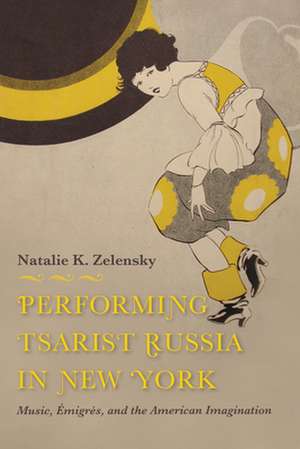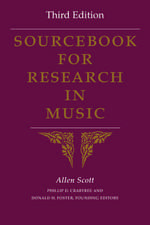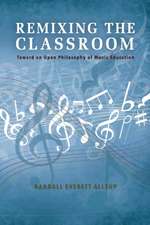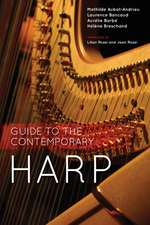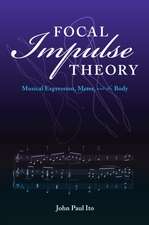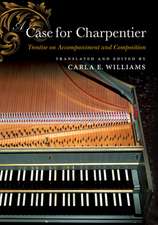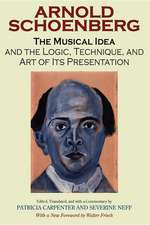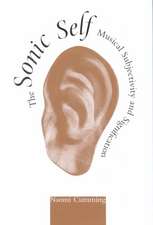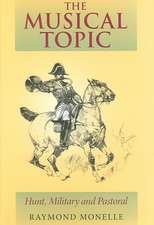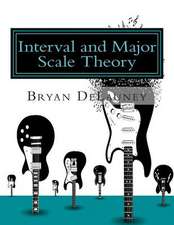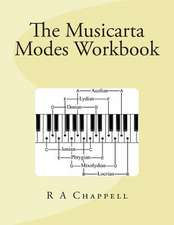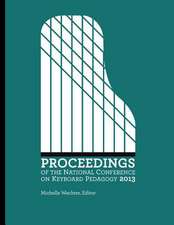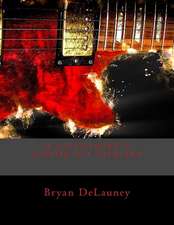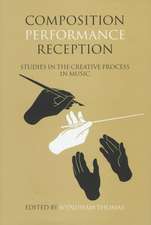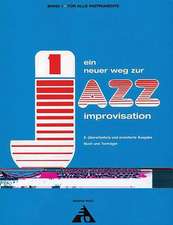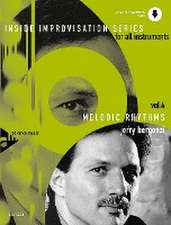Performing Tsarist Russia in New York – Music, Émigrés, and the American Imagination
Autor Natalie K. Zelenskyen Limba Engleză Paperback – 23 apr 2019
| Toate formatele și edițiile | Preț | Express |
|---|---|---|
| Paperback (1) | 272.91 lei 6-8 săpt. | |
| MH – Indiana University Press – 23 apr 2019 | 272.91 lei 6-8 săpt. | |
| Hardback (1) | 503.58 lei 6-8 săpt. | |
| Wiley – 23 apr 2019 | 503.58 lei 6-8 săpt. |
Preț: 272.91 lei
Nou
52.22€ • 54.63$ • 43.38£
Carte tipărită la comandă
Livrare economică 02-16 aprilie
Specificații
ISBN-10: 0253041198
Pagini: 250
Ilustrații: 8 Printed music items; 20 Illustrations, black and white
Dimensiuni: 152 x 226 x 17 mm
Greutate: 0.35 kg
Editura: MH – Indiana University Press
Cuprins
Acknowledgments
Introduction
1. Performing a la Russe: Music, Migration, and the White Russians in 1920s Harlem
2. New York's Russian Vogue: The Fox Trotsky and Other Musical Delights
3. Emigration at the Boundary: Russian DPs, the Second Generation, and Soviet Song in the World War II Era
4. Radio Liberty, Vernon Duke, and the 'Internal' Russian Voice in Cold War Broadcasting
5. Old Russia at The Pierre: Music, Dancing, and Enchantment in Twenty-First Century New York
Epilogue
Bibliography
Index
Notă biografică
Natalie K. Zelensky is Assistant Professor of Music at Colby College. Her work on music of the Russian diaspora has been published in The Oxford Handbook of Music and World Christianities, Ethnomusicology Forum, and Russia Abroad: Music and Orthodoxy. In 2013, she was a NEH fellow for "America's Russian-Speaking Immigrants and Refugees: 20th-Century Migration and Memory" at Columbia University's Harriman Institute, the research and academic exchange that played an important part in preparing Performing Tsarist Russia in New York.
